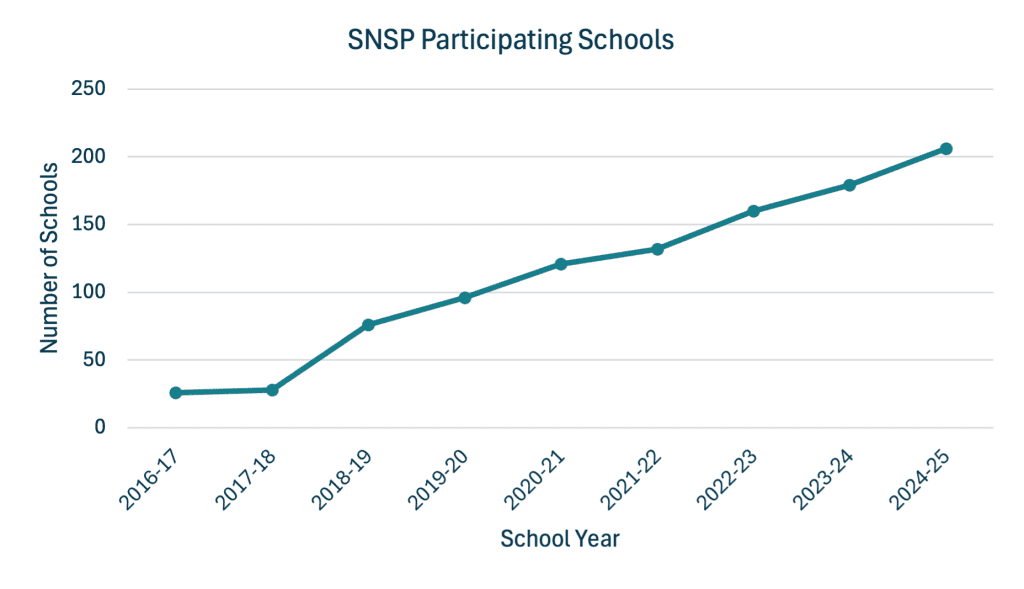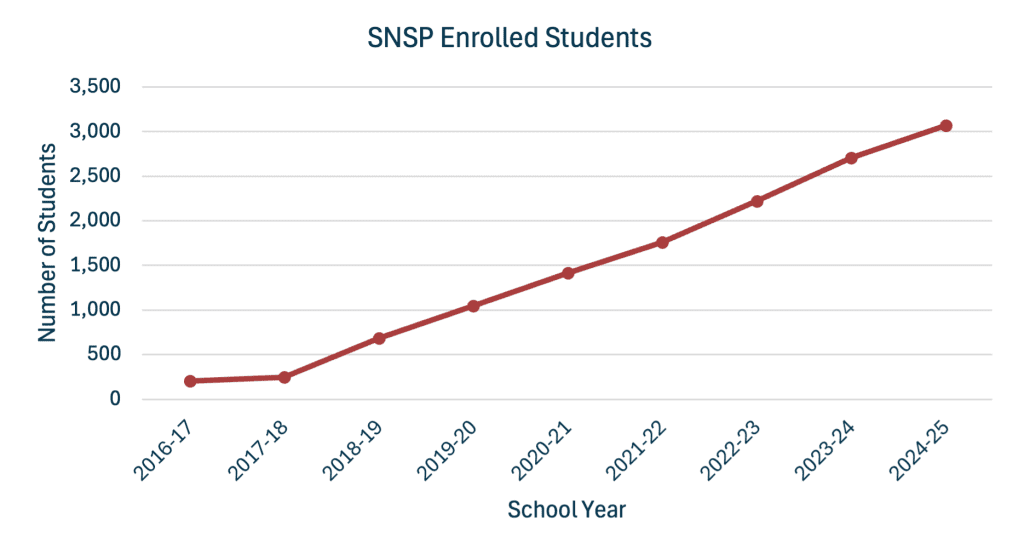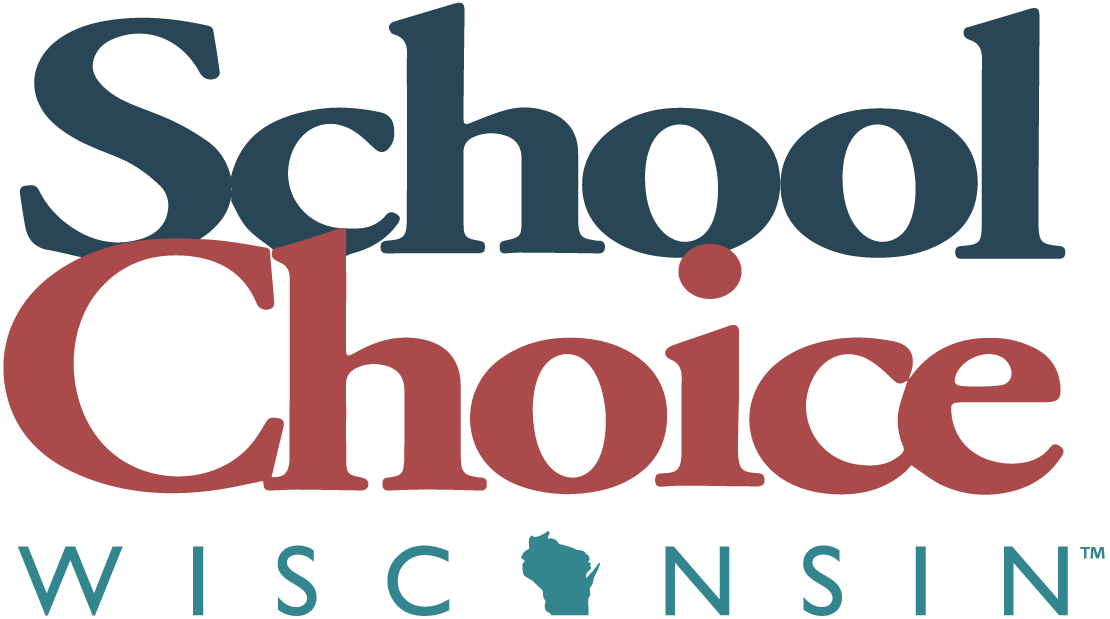Special Needs Scholarship Program
Special Needs Scholarship Program
215 Choice Schools |
3,436 Participating Students |
The Special Needs Scholarship Program (SNSP) allows a student with a disability, who meets certain eligibility requirements, to receive a state-funded scholarship to attend a private school that is located in Wisconsin and participating in the SNSP. The school receives a state aid payment for each eligible student.
SNSP Student Eligibility
- Has an Individualized Education Program (IEP) or services plan that meets program requirements
- Is a Wisconsin resident
- Is not simultaneously enrolled in other schooling
- No income requirements for eligibility
SNSP Scholarship Amounts
For the 2025-2026 school year, SNSP students will receive an estimated $16,049 in scholarship funds. Students who have been determined to no longer have a disability receive a partial scholarship beginning in the school year following the determination. The partial scholarship amount per student is $10,877 for K-8 and $13,371 for 9-12.
High-Cost funding is an option for schools with individual students requiring additional services. A Statement of Actual Cost must be submitted. The state may pay up to 150% of the scholarship for those students and may reimburse up to 90% of funds allocated for students who require even more funding. The High-Cost option requires the schools to pay for the services upfront and subjects all expenses to an annual audit.
Special Needs Scholarship Program FAQ
Yes. A SNSP school can charge a SNSP student tuition and fees. For the optional High Cost Funding, schools can spend up to 150% of the base voucher amount per student. That must be paid out of pocket the first year, but will be reflected in the scholarship amount for the following year.
Only schools that registered to participate in the SNSP for the current school year may accept SNSP students.
SNSP schools are required to implement the IEP or services plan of SNSP students as modified by agreement between the SNSP school and the student’s parent.
Wisconsin is home to four parental choice programs – the Milwaukee Parental Choice Program (MPCP), the Racine Parental Choice Program (RPCP), the Wisconsin Parental Choice Program (WPCP), and the Special Needs Scholarship Program (SNSP).
The Wisconsin Department of Public Instruction (DPI) has Frequently Asked Questions for Parents in PDF form available on their website. Or you may call us at 414-319-9160.
A student will not receive a SNSP scholarship until he or she is accepted into the program and the parent and the school have agreed on the services that will be provided to the student. If a parent chooses to move his or her student to the private school before this time, the private school may choose to charge additional tuition and fees for that time period. Parents should discuss this with the school they are applying to in order to understand the school’s process.
Students may apply for the SNSP program from July 1 to June 30 annually. Applications are accepted on a first-come, first-served basis, except for sibling preference. There is no need to reapply annually, as long as the student stays in the same school. The scholarship must be made available for reevaluation every three years. Transfer to another school is possible.
Find a current list of the Wisconsin schools registered to participate in the Special Needs Scholarship Program at the bottom of our School Locator page.
Special Needs Scholarship Program Growth


SNSP Timeline
2015
SNSP IS LAUNCHED
In the 2015 – 2017 budget, Wisconsin created the Special Needs Scholarship Program which serves students with an identified disability in a private school.
2016
205 STUDENTS PARTICIPATE
To be eligible, a student must have an IEP or Service Plan developed within 3 years of their application.
2018
ACT 59 REMOVED BARRIERS TO ENTRY
The two barriers to entry had been open enrollment denial and prior public school enrollment.
2022
SNSP CONTINUES TO GROW
In fall 2022, there were 2,217 students attending 162 schools in the program.
2023
VOUCHER INCREASES
State legislators from both sides of the political aisle came together with the Governor to make historic increases to per pupil payment amounts.
2025
3,436 PARTICIPATING STUDENTS IN 215 SCHOOLS
 Skip to content
Skip to content